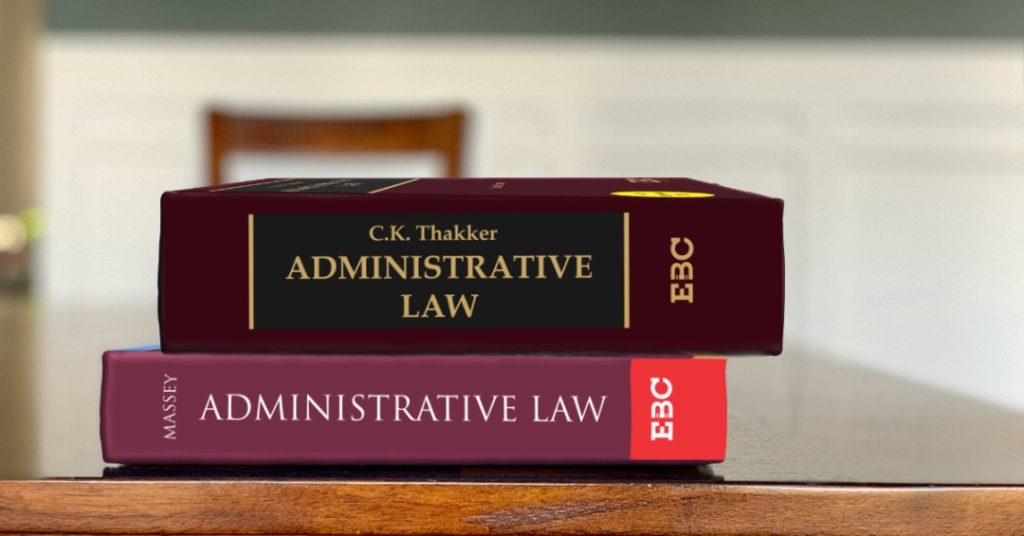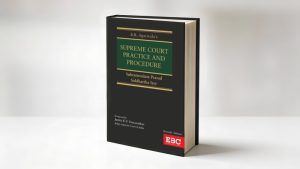
What is Administrative Law?
Administrative law is the branch of law that governs the actions of administrative authorities. It ensures that government agencies act fairly, lawfully, and reasonably. In short, it deals with the rules, procedures, and powers of government officials.
Why Is It Important?
- Administrative law acts as a check on the powers of public authorities.
- It helps prevent misuse or abuse of power.
- It also protects citizens’ rights when dealing with the government.
For example, if someone is denied a government benefit without a valid reason, administrative law allows them to challenge that decision.
Key Features
Let’s look at the main characteristics of administrative law.
- It controls administrative powers.
- It ensures transparency and accountability.
- It allows for judicial review of decisions.
- It promotes fairness in public administration.
- It is mainly judge-made (case law), but also based on statutes.
Sources of Administrative Law
There are multiple sources that shape administrative law in India.
- The Constitution of India
- Statutory Laws (like the Right to Information Act)
- Judicial Decisions
- Rules, Regulations, and Notifications
- Customs and Practices of Government Agencies
Each of these sources helps regulate how authorities function and how their actions can be questioned.
Scope of Administrative Law
Administrative law covers a wide range of activities:
- Rule-making (delegated legislation)
- Decision-making (administrative orders, licenses, permits)
- Adjudication (tribunals and quasi-judicial bodies)
- Judicial review of administrative actions
So, it plays a role from making rules to resolving disputes.
Key Doctrines
Here are some important legal principles (doctrines) in administrative law:
- Rule of Law – Everyone, including the government, must follow the law.
- Doctrine of Separation of Powers – Divides power between the legislature, executive, and judiciary.
- Principles of Natural Justice – Fair hearing and absence of bias.
- Doctrine of Legitimate Expectation – Citizens can expect fair treatment based on past practice.
- Wednesbury Principle – A decision can be struck down if it is unreasonable or irrational.
These doctrines help courts judge if an authority’s action is lawful or not.
Judicial Review
This is one of the core aspects of administrative law.
Courts can review decisions of government authorities.
They can check if the decision is:
- Illegal
- Unreasonable
- Against the principles of natural justice
Judicial review does not deal with the merits of the decision, only the legality of how it was made.
Tribunals and Quasi-Judicial Bodies
Administrative law also involves specialised bodies that deal with disputes, like:
- Central Administrative Tribunal (CAT)
- Income Tax Appellate Tribunal (ITAT)
- National Green Tribunal (NGT)
These bodies are faster, more technical, and often less formal than regular courts.
Administrative law ensures that public power is used properly.
It balances the needs of governance with the rights of individuals.
As a law student, understanding administrative law helps you see how the legal system keeps public authorities in check.
It’s not just theory — it’s a living part of how government decisions affect people every day.
To explore administrative law in greater detail, take a look at this comprehensive resource.
















